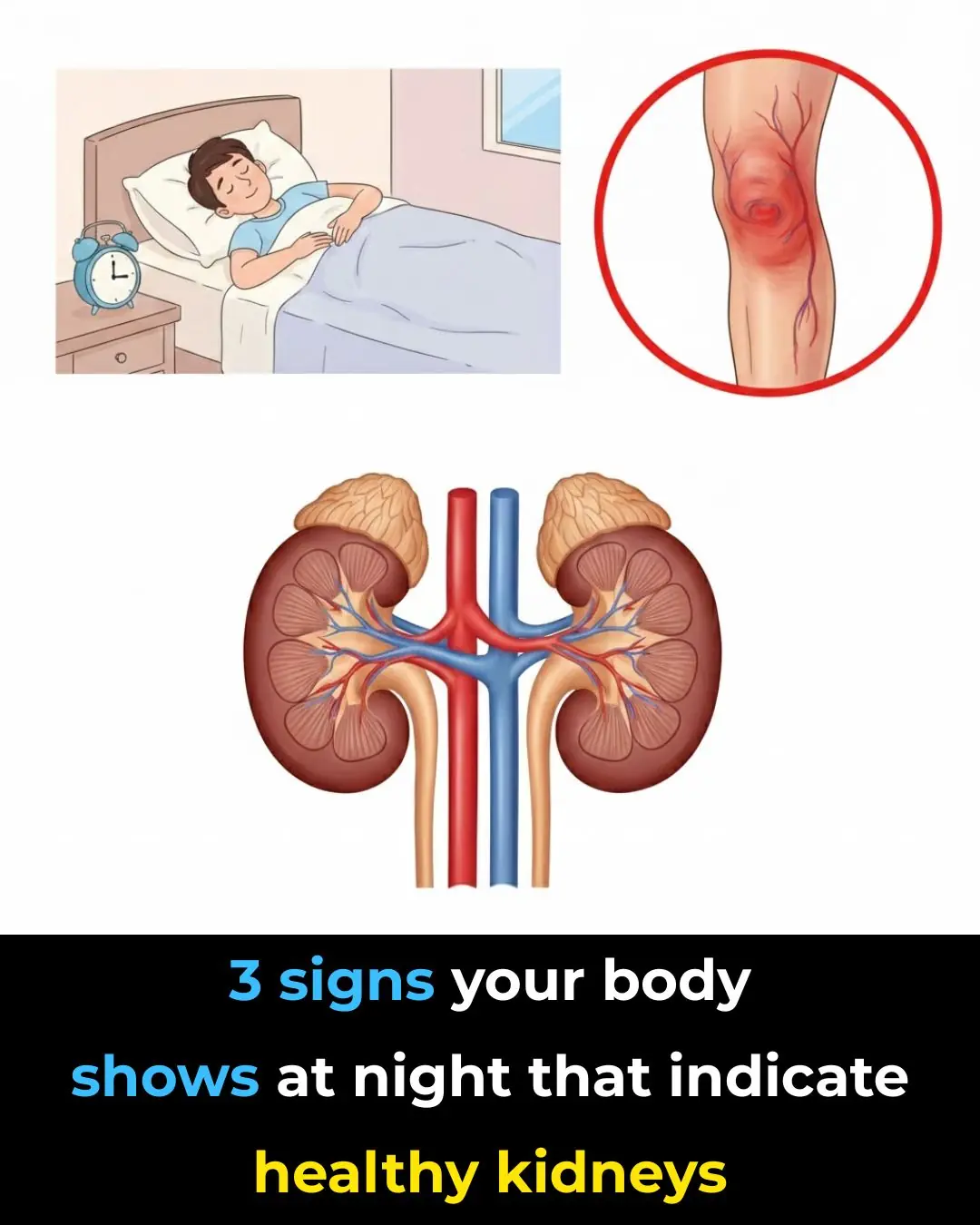
Understanding Eye Floaters: Causes and When to Seek Help
Eye floaters are small shapes that drift across your field of vision, appearing as spots, threads, or squiggly lines. They become especially noticeable when looking at bright backgrounds, such as a clear sky or a white wall. These shapes move as your eyes move and can seem to dart away when you try to focus on them.

Floaters are typically caused by age-related changes in the vitreous, a gel-like substance inside the eye. As we age, the vitreous becomes more liquid, and the microscopic fibers within it can clump together, casting shadows on the retina. These shadows are what we perceive as floaters. In some cases, floaters can be linked to more serious conditions such as eye infections, uveitis (inflammation within the eye), or retinal tears or detachment.
Certain individuals are more likely to experience floaters. You might be at higher risk if you are nearsighted, have had cataract surgery, suffer from diabetes (which can lead to diabetic retinopathy), or are aging.
Generally, floaters are harmless. However, if you experience a sudden increase in floaters, flashes of light, or a shadow appearing in your peripheral vision, it could signal a retinal tear or detachment. These are medical emergencies and require immediate attention.

Eye doctors use a dilated eye exam to diagnose floaters. This involves dilating the pupils with eye drops to get a better view of the vitreous and retina. The exam allows the specialist to identify any abnormalities or underlying issues, such as retinal tears.
While most floaters are benign, certain symptoms can indicate serious issues:
- A sudden increase in frequency
- Flashes of light
- A dark curtain or shadow moving across your vision
These signs could point to retinal detachment or tear, which requires immediate medical intervention to prevent vision loss.
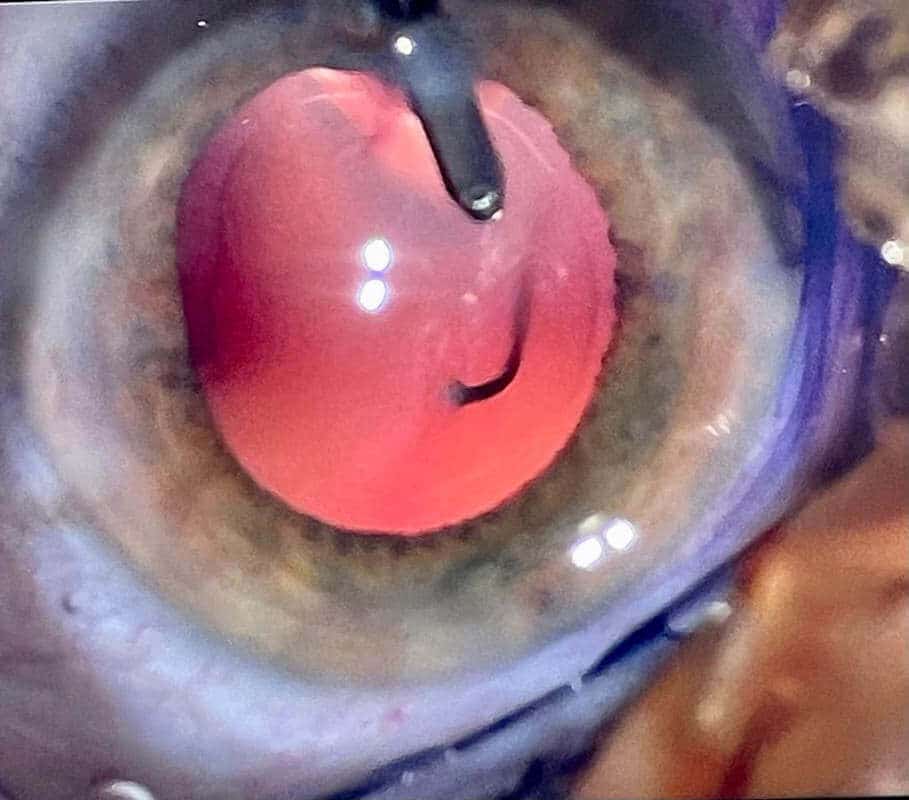
In many cases, no treatment is needed as floaters tend to become less noticeable over time. However, for those noticing a significant impairment in vision, there are options:
- Vitrectomy: A surgical procedure that removes the vitreous gel and replaces it with a saline solution.
- Laser Therapy: This treatment uses lasers to break up the floaters, making them less noticeable.
Both treatments come with risks, including infection and retinal damage, so they are usually considered only for severe cases.

If your floaters are mild, certain lifestyle changes can help manage them:
- Eye exercises: Moving your eyes up and down can shift floaters out of your line of sight.
- Diet and supplements: Maintaining a diet rich in omega-3, vitamin A, and zinc can support overall eye health.
- Avoid smoking: Smoking can exacerbate eye issues and hinder overall eye health.
Although floaters are often a natural part of aging, maintaining regular eye check-ups is vital to catching any potential issues early. If you experience any sudden changes in your vision, seek medical advice immediately.
By understanding eye floaters and their causes, you can better manage this common condition and protect your vision. Regular check-ups and awareness of potential symptoms are your best defense against more serious eye issues.
News in the same category


3 Selfish Habits of Husbands That Increase Their Wives’ Risk of Cervical Cancer – Stop Them Now Before They Harm the Whole Family
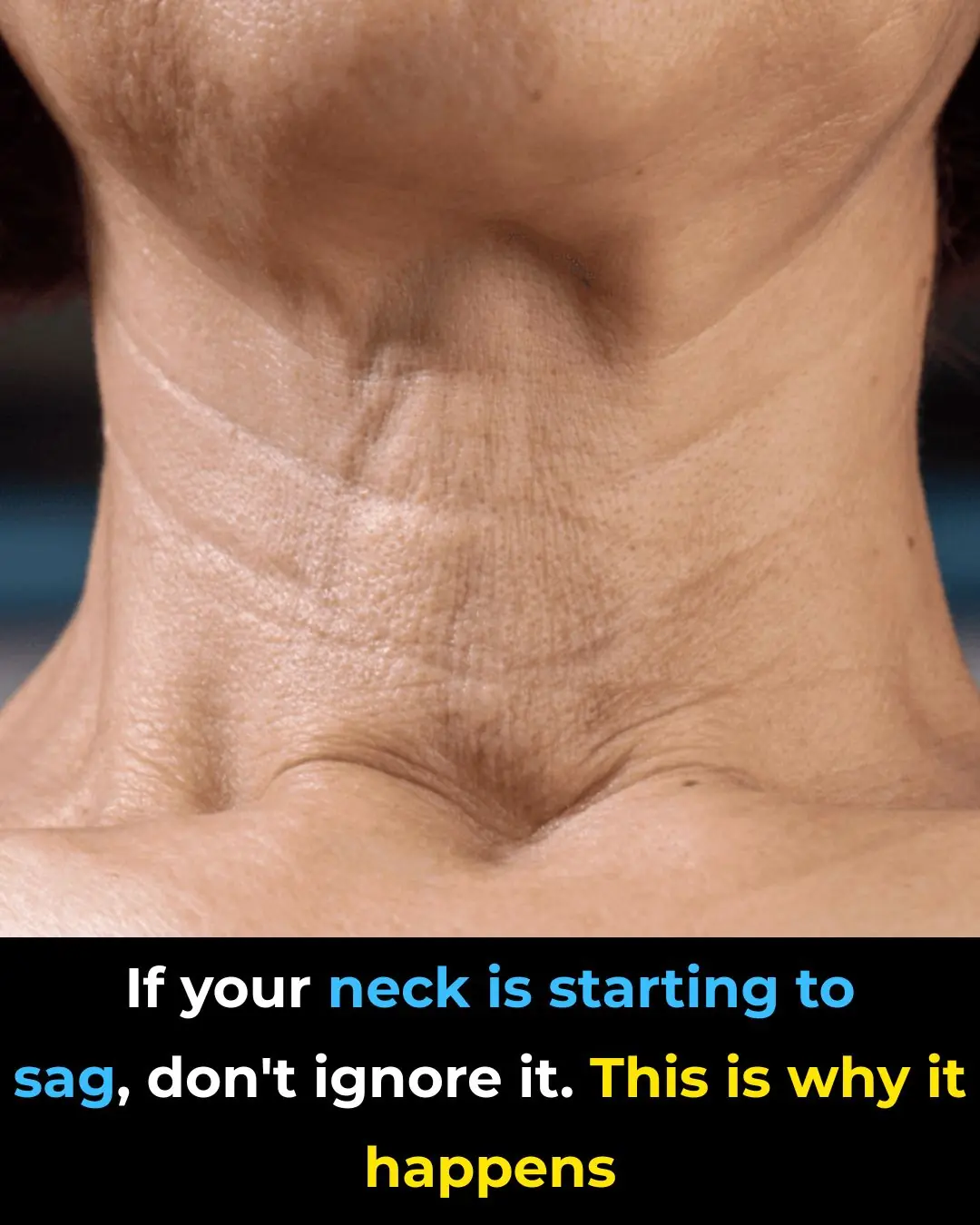
Why Neck Skin Sags as We Age
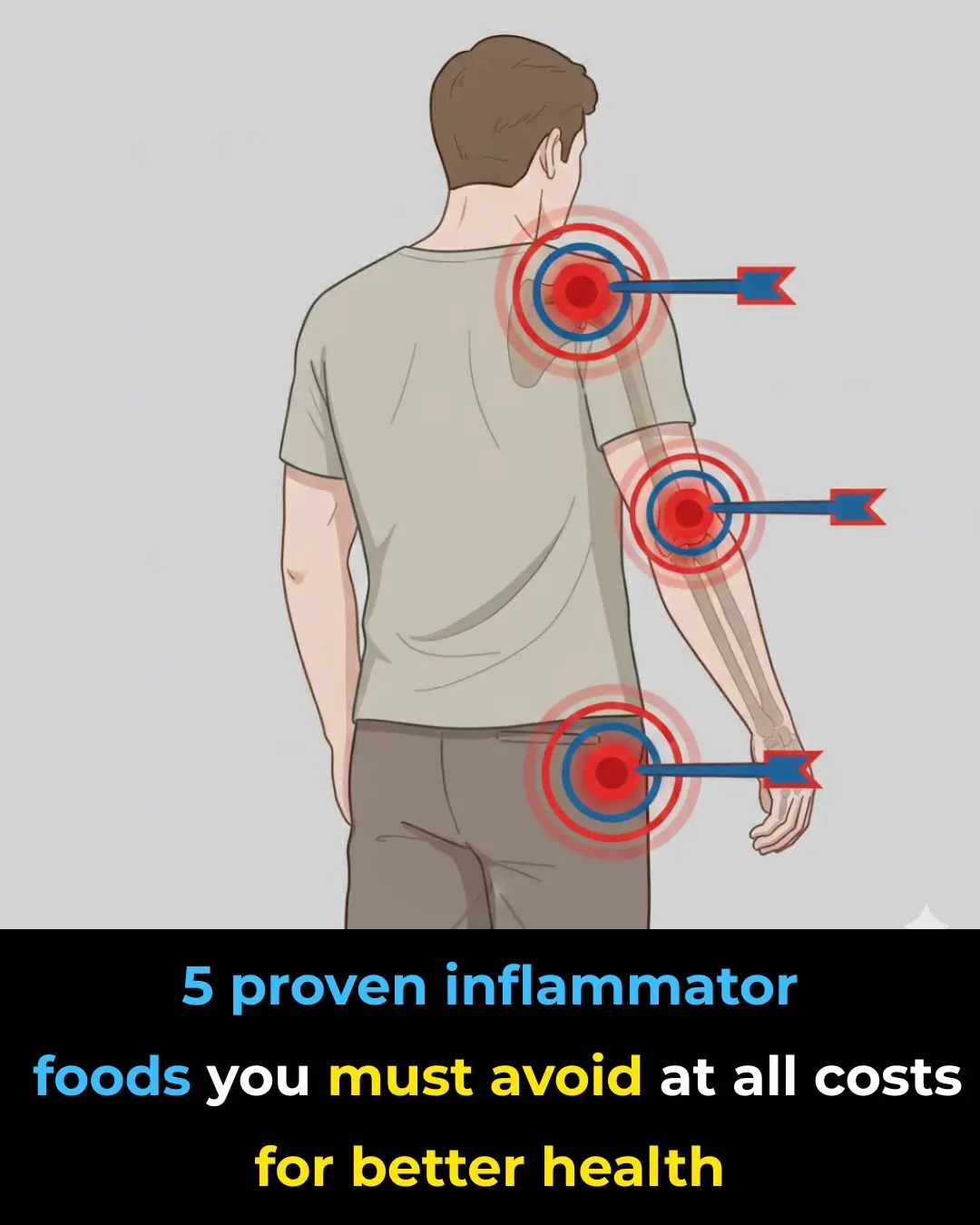
Proven Inflammatory Foods to Avoid According to Science

14 Signs Your Blood Sugar Is Way Too High (And 14 Ways to Reduce It)

Walking Barefoot at Home

Stronger Than Eggs? The Affordable Seeds That May Support Muscle After 75

How to Prepare Okra Water to Naturally Support 17 Aspects of Health

Papaya Seeds for Joint Relief: A Simple Home Habit to Explore for Knee, Back, and Spine Comfort

Be amazed by this vitamin that can improve leg circulation and help protect against clots!

Discover Simple Everyday Herbal Habits That Can Naturally Support Kidney Health

Woman reveals five colon cancer symptoms that should not be ignored

What Are Eye Floaters? Here What To Do If you Start Seeing Them, According to an Eye Doctor

5 warning signs of cancer developing in the body

5 Concerning Red Flags That May Signal Colon Cancer

Essential vitamins for strong and cramp-free legs

Master Tonic: A Powerful Natural Drink for Immune Strength and Vitality 🌿🍋

11 Little-Known Secrets About Eating Grilled Corn — Even If You Love It, Remember These

12 Powerful Reasons to Drink Milk with Garlic Every Day

Discover the Power of the Red Onion: How to Regulate Blood Sugar with This Simple Recipe
News Post

3 Selfish Habits of Husbands That Increase Their Wives’ Risk of Cervical Cancer – Stop Them Now Before They Harm the Whole Family

Why Neck Skin Sags as We Age

Senior Slaps Freshman Girl—Her Ex-Con Brother’s Response Shocks Everyone
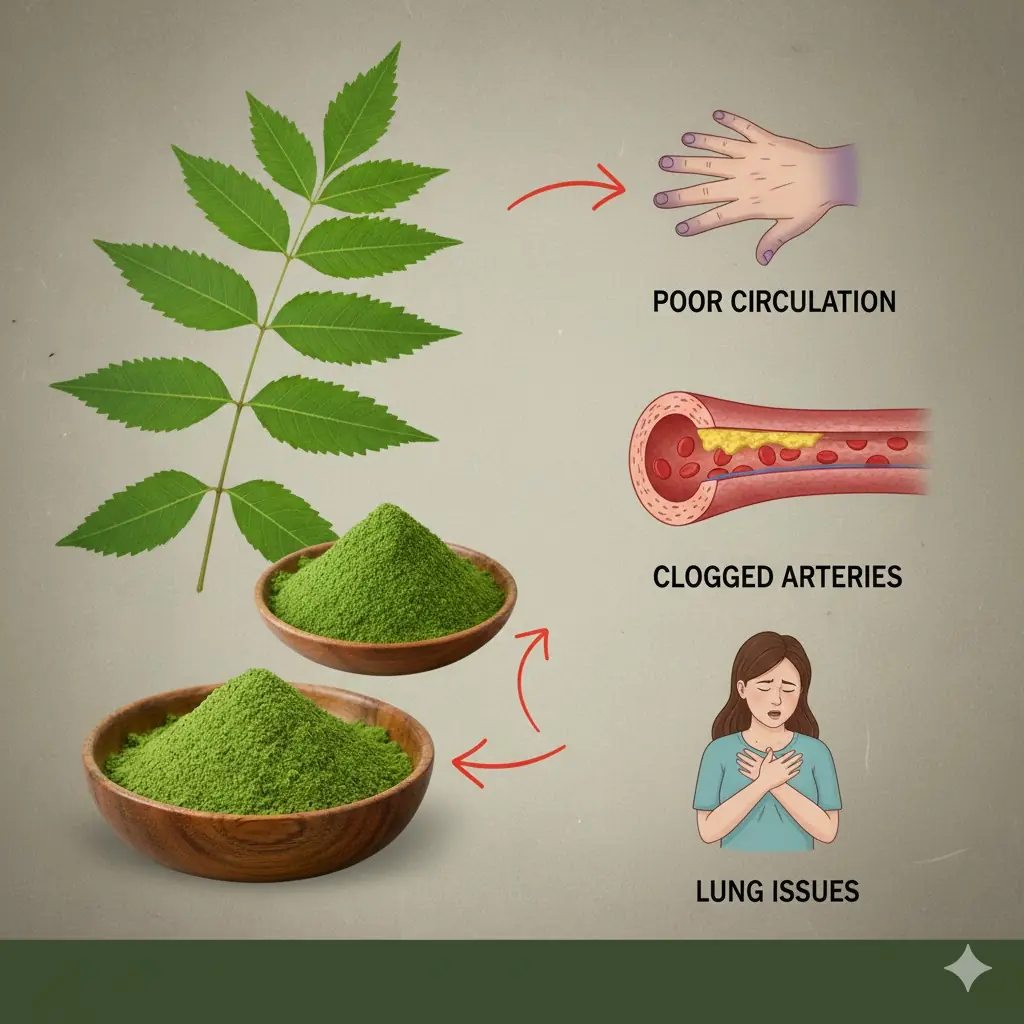
One Powerful Leaf That Supports Blood Sugar, Blood Pressure, Pain Relief, Cholesterol, and Healthy Circulation
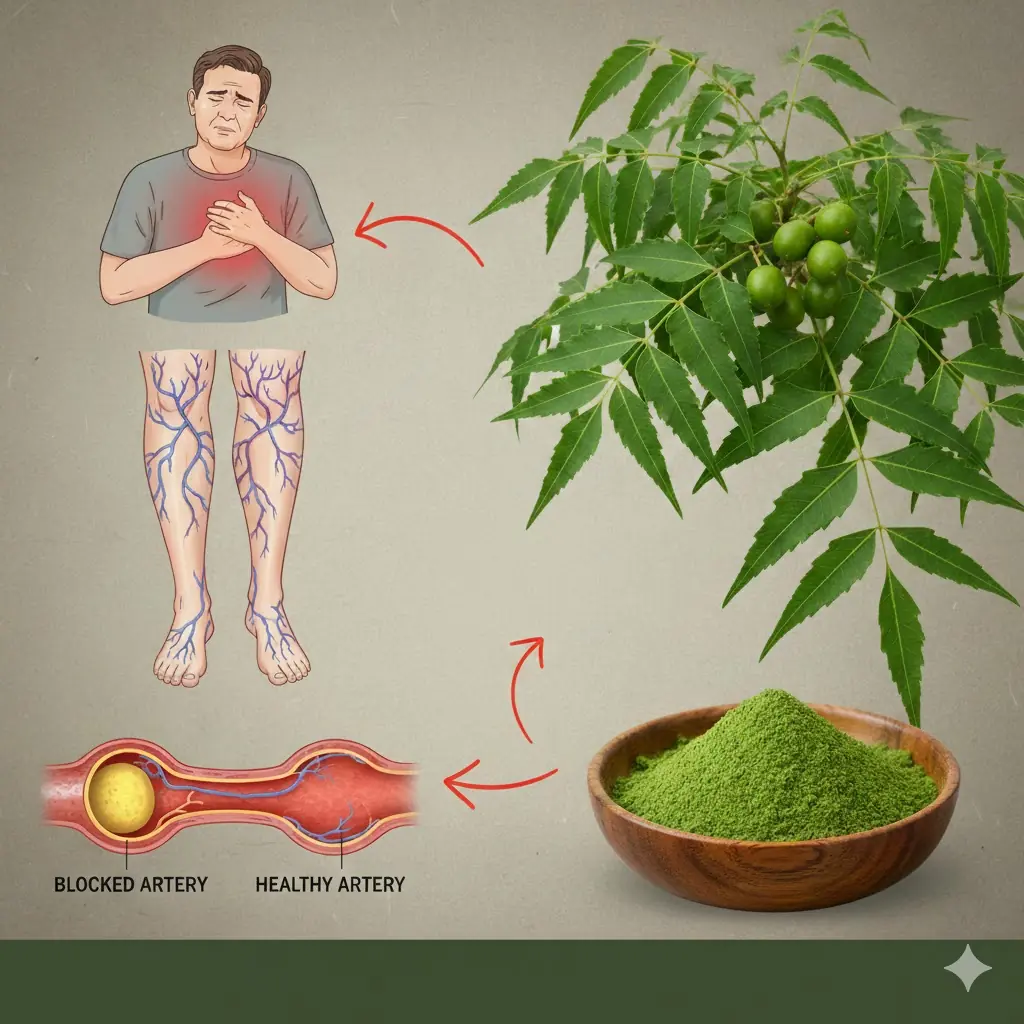
Discover the Power of a Single Leaf That Can Support Your Health Naturally 🌿💚

Sumac Tree Benefits – A Powerful Medicinal and Culinary Plant

The Benefits of Horsetail: A Natural Remedy for Health and Wellness

Purple Dead Nettle – Benefits and Uses of This Surprising Wild Herb
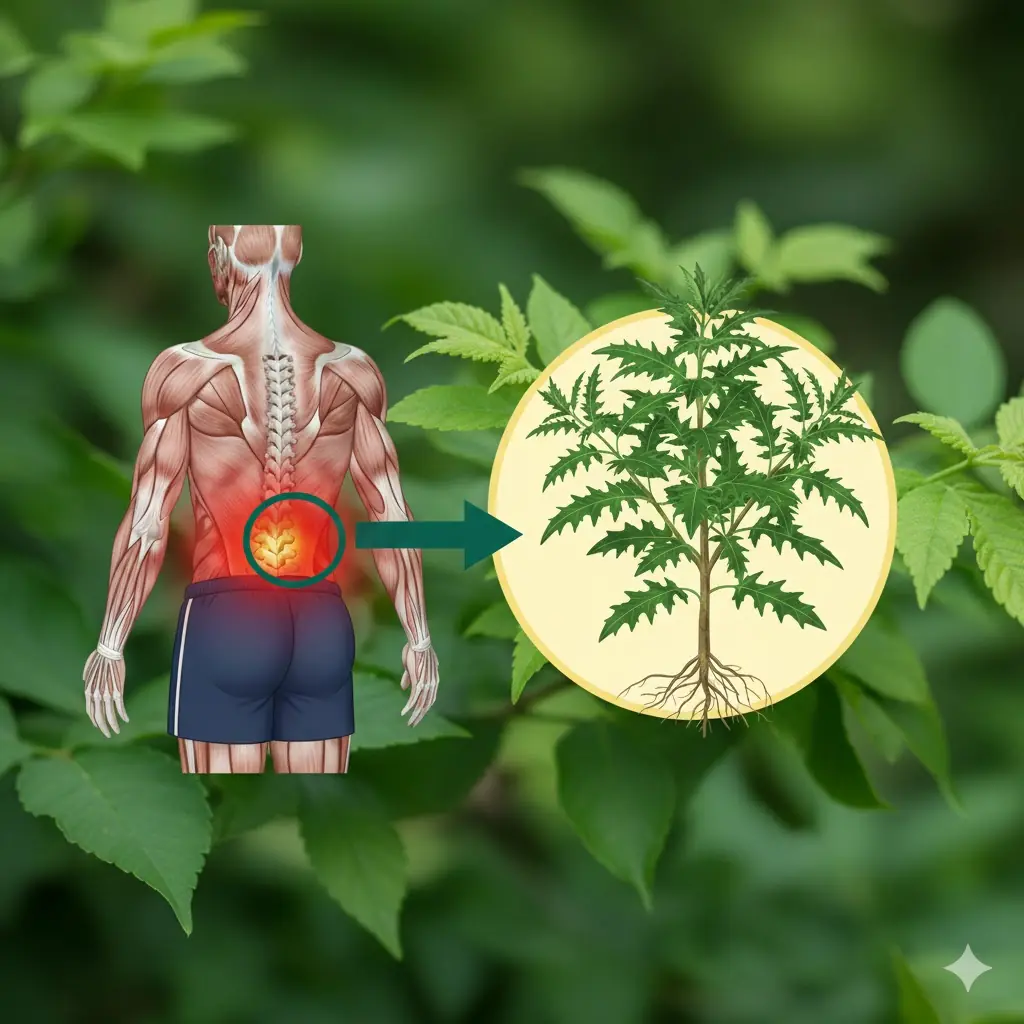
Alishan Thistle (Cirsium arisanense): Health Benefits, Traditional Uses, and Natural Healing Properties

Bully Beats Up “Weak” Kid 15 Times—Kid Was State Wrestling Champion

Star Wrestler Punched Girl Who Beat Him—Her Dad Was Olympic Coach

Karen Screams At Cashier For 20 Minutes… Then Learns Who He Really Is

Blogs This Voicemail Broke the Internet

What Is Stomach Cancer?
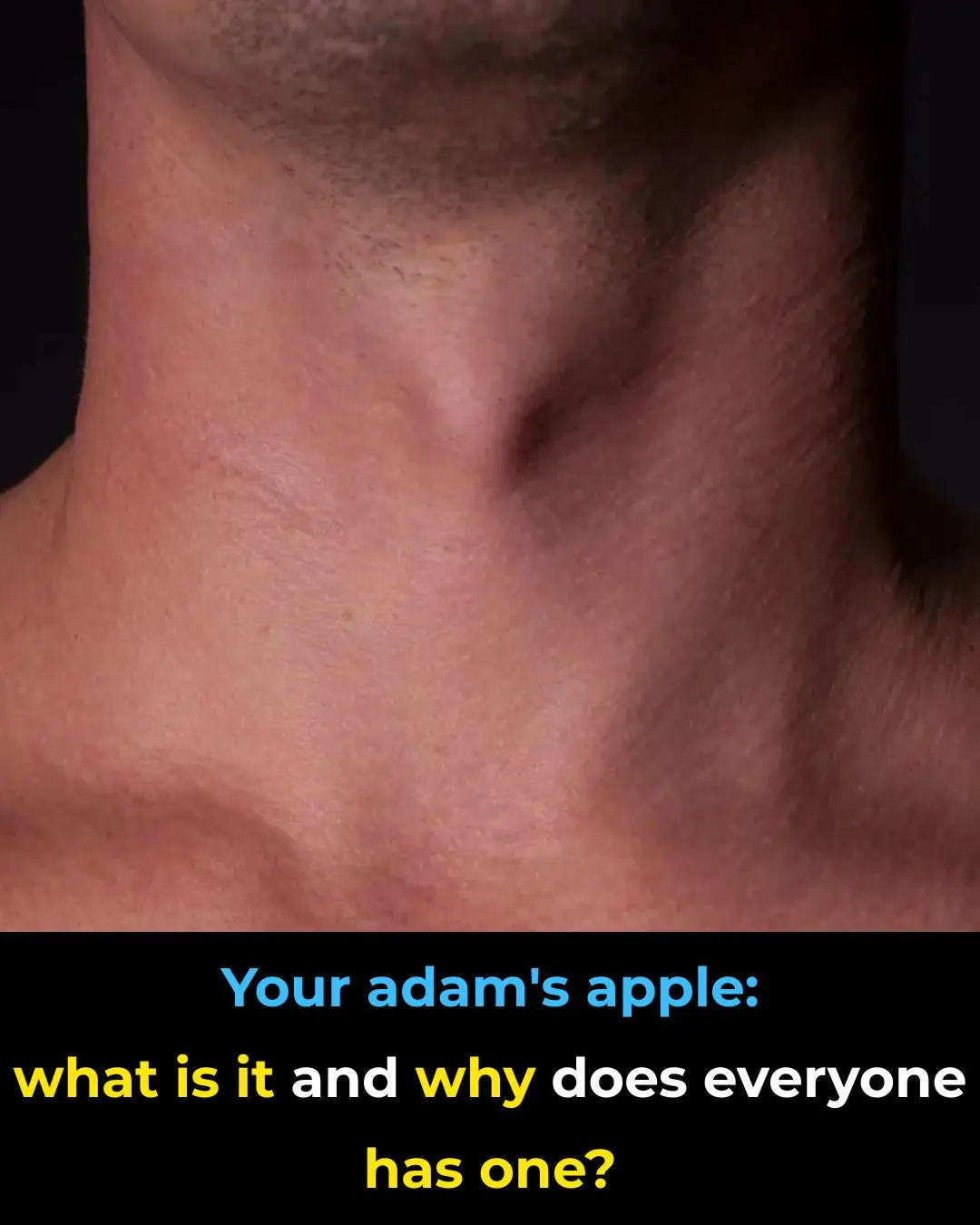
What Is the Adam’s Apple

Proven Inflammatory Foods to Avoid According to Science

14 Signs Your Blood Sugar Is Way Too High (And 14 Ways to Reduce It)

Walking Barefoot at Home

Stronger Than Eggs? The Affordable Seeds That May Support Muscle After 75
